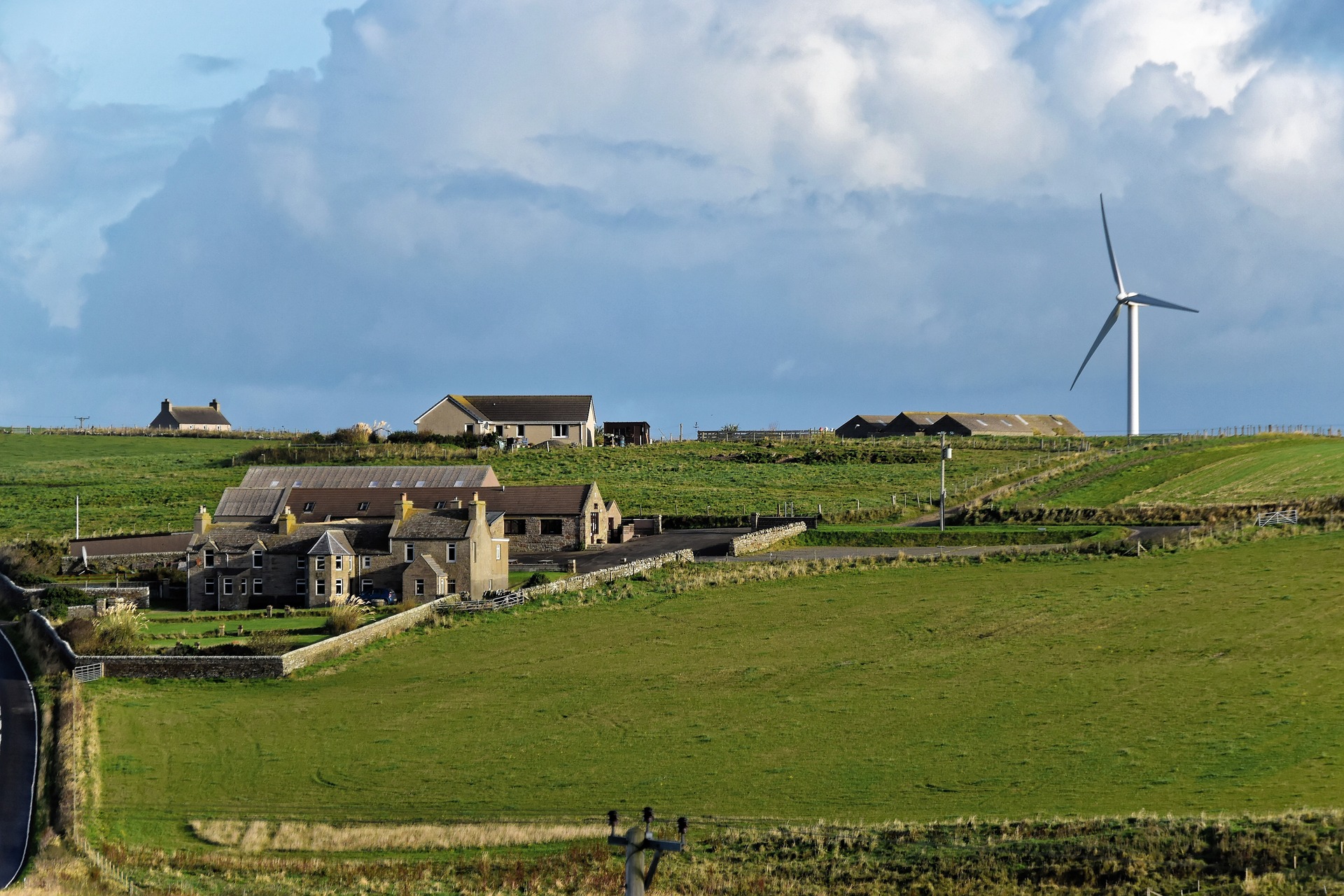Changes to staff accommodation rules - are you aware of the tax implications?

Scott McFarlane
Employer Services Senior Manager
27 January 2022
This article was first published in Farm North East.
An announcement made by HMRC back in April 2020 on how certain staff accommodation will be taxed from 6 April 2021 is affecting many workers and employers in the farming community. However, the impact of this change will only really be felt mid 2022 when employer benefit-in-kind returns are submitted to HMRC, triggering income tax charges on affected employees and National Insurance charges on their employers.
Prior to 6 April 2021, a long-standing “concession” was granted by HMRC to waive the normal tax and National Insurance charges on rent-free accommodation provided to “representative occupiers”. This refers to posts which existed before 6 April 1977 and
- the accommodation is provided rent-free by the employer
- it is a condition of the employment that the employee is required to reside in that accommodation and no other
- occupation of the house is to enable the better and more effective performance of the duties.
However, believing this concessionary treatment to be outdated and inconsistent with general rules governing staff accommodation, HMRC has withdrawn this concession from the start of the current tax year.

On the face of it, this is a big change for the sector as there are many posts that qualified for this concessionary treatment. However, it is still possible that such accommodation could be exempt from tax and National Insurance under existing statutory provisions. Generally, the two main exemptions for job-related accommodation are:
1) Where the accommodation is provided and it is “necessary for proper performance of the duties”.
This test is only satisfied where the employee can demonstrate that occupation of the particular property (as opposed to any other property) is essential to the proper performance of the duties of the employment.
HMRC accepts that many agricultural workers who live on farms or agricultural estates qualify for this exemption because they need to live on, or close to the farm, to do their job.
2) Where the accommodation is provided for “the better performance of the duties” and the employment is one of the kinds in which it is customary for employers to provide living accommodation.
Both parts of this test need to be met for the accommodation to be exempt from charges.
The first part is usually met where it can be shown that:
- the employee is required to be on call outside normal hours and
- the employee is in fact frequently called out and
- the accommodation is provided so that the employee may have quick access to the place of employment or other place to which the employee is called.
The customary part of the test is only met where it can be evidenced that it is the norm for accommodation to be provided to employees in similar employment, not just within that individual business but across the industry generally. Farm managers are likely to fall into this category although we are aware of HMRC challenging this point for various occupations where some employers are no longer providing free accommodation, therefore casting doubt as to whether it still qualifies as customary.
These exemptions are not applied automatically, and it is the employer’s responsibility to ensure that the conditions are met. It is therefore essential that consideration is given to the applicability of these exemptions before the end of the tax year because there could be situations where the exemptions do not apply, for example where the property is not close to the main place of work, or where the employee works at multiple locations. There is also current debate with HMRC as to how this will impact retired staff enjoying rent-free accommodation.
Now is the time to act to minimise the impact of this change on staff and the business. If you can evidence that one of the statutory exemptions applies to accommodation provided to staff, there is nothing more to do. However, for those employees faced with tax charges, the sooner they are made aware of this, and alternative arrangements are explored, the better all round. If a tax charge on accommodation cannot be avoided, the employer is required to report the charges on a form P11D each year to HMRC, the 2021/22 forms being due by 6 July 2022.
If you think you may be affected by these changes and would like to discuss the implications, don’t hesitate to get in touch with our specialist Rural or Employer Services teams.

